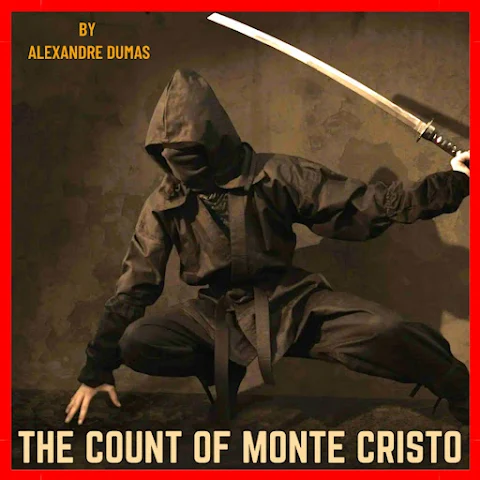While "The Count of Monte Cristo" is primarily known for its revenge plot, the novel is deeply rooted in one of the most turbulent periods of French history. The political upheaval of post-Napoleonic France serves not just as a backdrop but as a crucial element that drives the story's events.
The Napoleonic Connection
As reviewers note, Dantès' initial imprisonment stems from being falsely accused as a Bonapartist - a supporter of Napoleon Bonaparte. This wasn't just a convenient plot device; it reflected the real political tensions of the time. The charge of Bonapartism was serious enough to warrant death or life imprisonment, highlighting the period's political volatility.
Post-Revolutionary France
The story unfolds during the Bourbon Restoration period, when France was grappling with its identity after Napoleon's defeat. This setting provides the perfect backdrop for a tale of social mobility and revenge, as the old aristocracy attempted to reassert itself while a new merchant class rose to prominence.
"The political nature of Dantès' imprisonment shows how personal vendettas could be masked as political justice in this turbulent era." - Historical Analysis from Reviews
Social Class and Power
The novel's exploration of social class is intrinsically tied to its historical context. Dantès' transformation from a simple sailor to the wealthy Count reflects the social mobility possible in post-revolutionary France, even as it critiques the corruption of both old and new money.
Maritime Trade and Colonial Connections
The novel's opening in Marseilles, a major port city, reflects the importance of maritime trade in French society. The international scope of the Count's revenge plot, spanning across Mediterranean locations, mirrors France's colonial and commercial interests of the period.
Author's Connection
Alexandre Dumas himself had a personal connection to this history. As reviewers point out, his father was a general in Napoleon's army, and Dumas' own experiences with discrimination and social mobility informed his writing. His mixed-race heritage and rise to literary fame parallel some of the themes of social transformation in the novel.
Conclusion
Understanding the historical context of "The Count of Monte Cristo" enriches our reading of the novel. The political intrigue, social mobility, and international scope of the story all reflect the complex reality of post-Napoleonic France, making it not just a tale of personal revenge but a window into a fascinating historical period.



